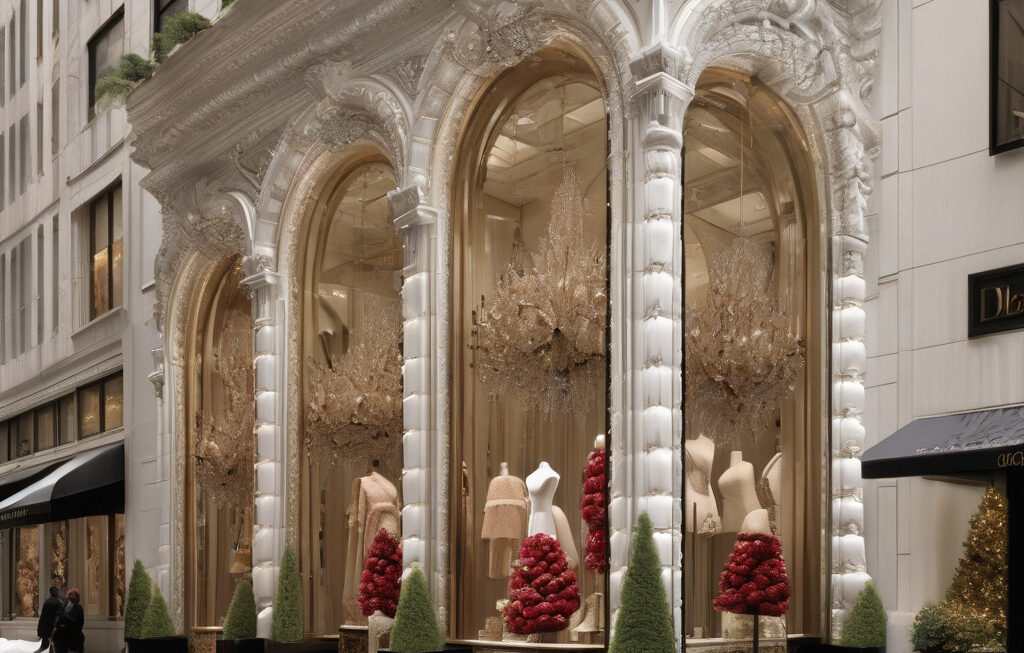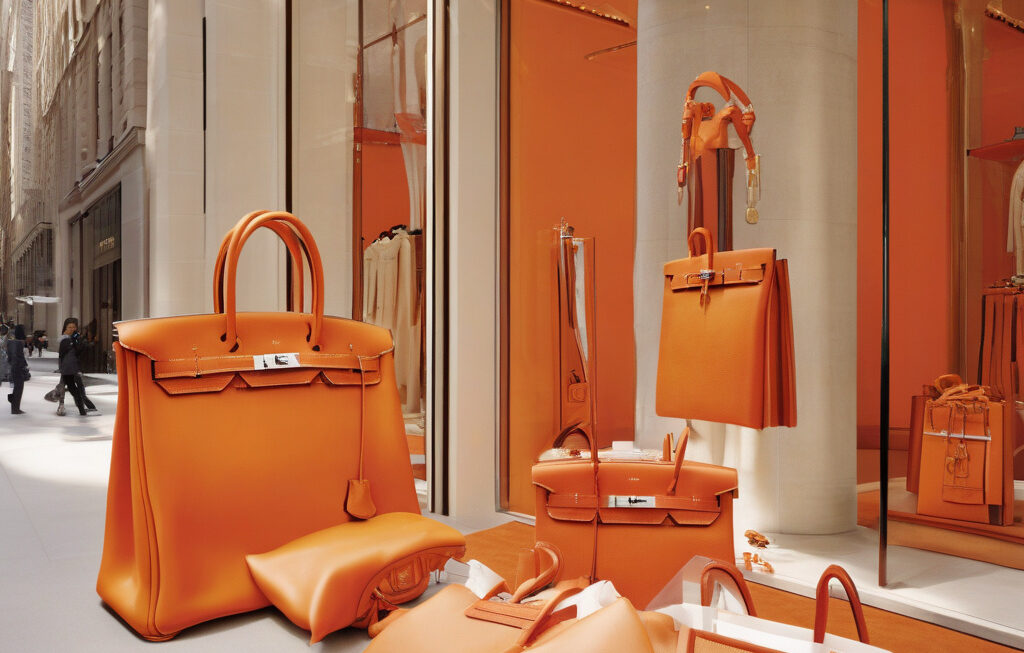The Impact of ‘Revenge Travel’ on Luxury Sales
As border re-openings and the repatriation of spending take center stage, the landscape of luxury sales is set to undergo a significant transformation, especially in the realm of Chinese consumer behavior. The phenomenon of ‘Revenge Travel’ is expected to play a pivotal role in shaping the patterns of luxury purchases in the foreseeable future.
The term ‘Revenge Travel’ refers to the pent-up demand for travel and leisure activities that has been accumulating during the COVID-19 pandemic. With restrictions easing and borders opening up, consumers, particularly in China, are eager to make up for lost time by indulging in luxury experiences and products. This trend is expected to have a profound impact on the luxury market, influencing everything from the types of goods purchased to the way they are bought.
One of the key ways in which ‘Revenge Travel’ is likely to impact luxury sales is through the resurgence of in-person shopping experiences. While the pandemic accelerated the shift towards online shopping, the desire for experiential luxury purchases is driving consumers back to physical stores. Chinese customers, known for their appreciation of personalized service and exclusive offerings, are expected to flock to luxury boutiques in search of unique and memorable shopping experiences.
Moreover, the repatriation of spending among Chinese consumers is poised to reshape the global luxury market. With travel restrictions prompting affluent Chinese shoppers to redirect their spending domestically, luxury brands are increasingly focusing on catering to this lucrative demographic within their home country. This shift is not only driven by the desire to capture a larger share of the Chinese luxury market but also by the need to adapt to changing consumer preferences and behaviors in the post-pandemic era.
In response to the rise of ‘Revenge Travel’ and the repatriation of spending, luxury brands are reimagining their marketing strategies to appeal to Chinese consumers. From launching exclusive collections and limited-edition products to collaborating with local influencers and celebrities, brands are leveraging various tactics to capture the attention of this discerning demographic. By aligning their offerings with the evolving preferences of Chinese luxury shoppers, brands can position themselves for success in an increasingly competitive market.
The impact of ‘Revenge Travel’ on luxury sales is not limited to the purchase of goods but also extends to the overall luxury experience. As Chinese consumers seek to make up for missed opportunities and create lasting memories, luxury brands have the opportunity to engage with them on a deeper level by offering immersive and culturally relevant experiences. Whether through VIP events, personalized services, or tailored travel packages, brands that prioritize experiential luxury are likely to resonate with Chinese consumers seeking to fulfill their desire for indulgence and escapism.
In conclusion, the phenomenon of ‘Revenge Travel’ is set to have a profound impact on luxury sales, particularly within the Chinese market. By understanding and adapting to the changing behaviors and preferences of Chinese consumers, luxury brands can position themselves for success in a post-pandemic world where experiential luxury and personalized service are key drivers of purchasing decisions.
luxurysales, revengetravel, chinesemarket, consumerbehavior, postpandemic era












